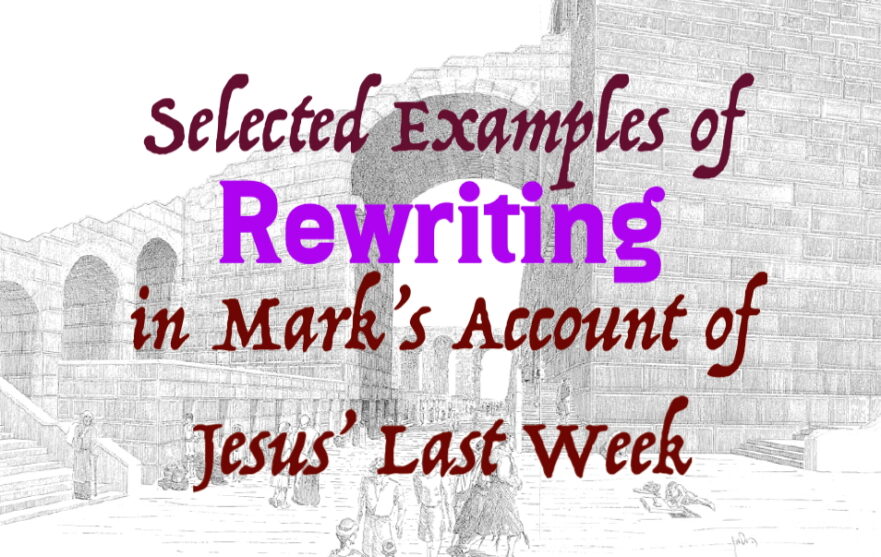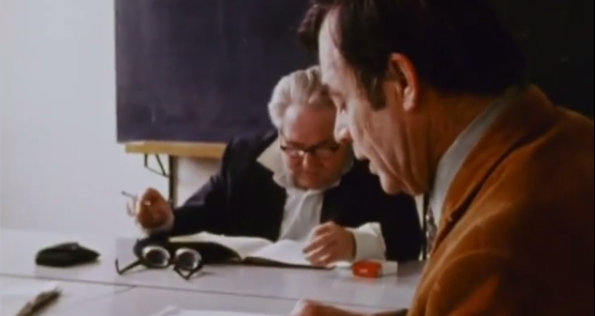It has been noted that in instances where Mark’s editorial hand restructured his story, Luke has preserved a more primitive form of the account, a form that is independent of Mark’s influence. Gospel scholars need to properly evaluate Mark’s editorial style and acknowledge that frequently a theological agenda influenced his rewriting.
Cataloging the Gospels’ Hebraisms: Part One (Luke 10:23-24)

Hebrew idioms leap out from every page of Jesus’ life story.
The Synoptic Problem Home Page and Other Internet Resources
The most ambitious of these reference materials is a four-color Greek synopsis, which is designed to highlight the agreements and differences in wording between Matthew, Mark and Luke.
The Best Long-term Investment—Making Loans to God
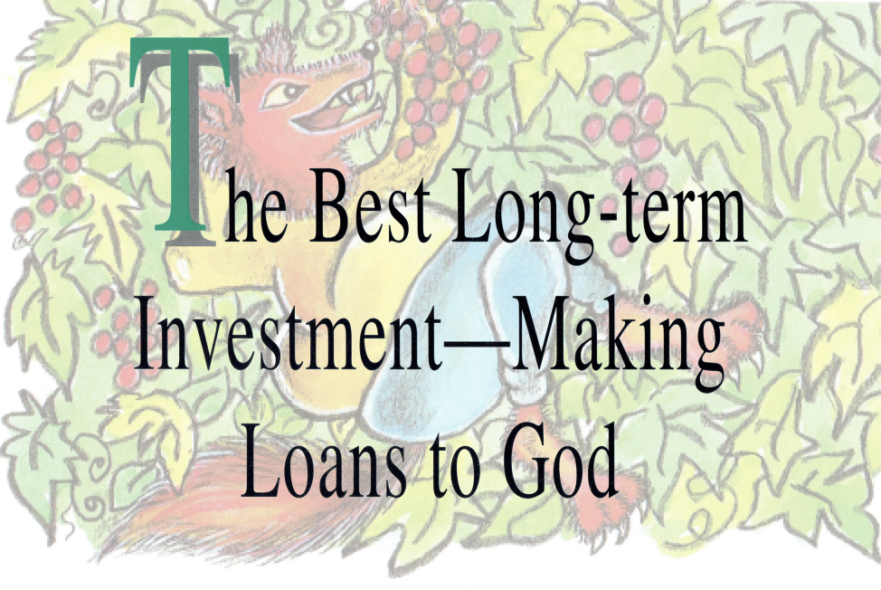
In our day, the 20th-century disciple of Jesus feels the challenge of his call to lay up treasure in heaven more than ever. In the face of an emerging global society drunken with consumerism and materialism, Jesus’ words shatter the silence: “You cannot serve God and mammon!”
Robert L. Lindsey and His Synoptic Theory
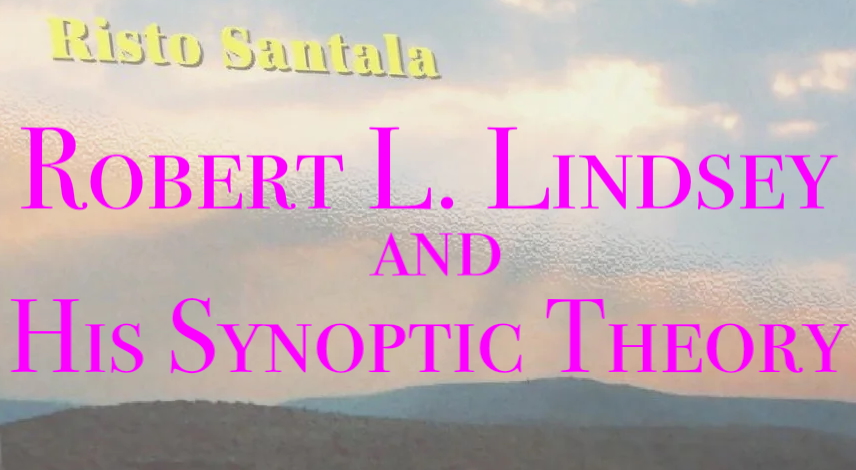
In this article, Finnish scholar Risto Santala appraises the synoptic theory of Robert L. Lindsey and its importance for New Testament studies.
Paraphrastic Gospels
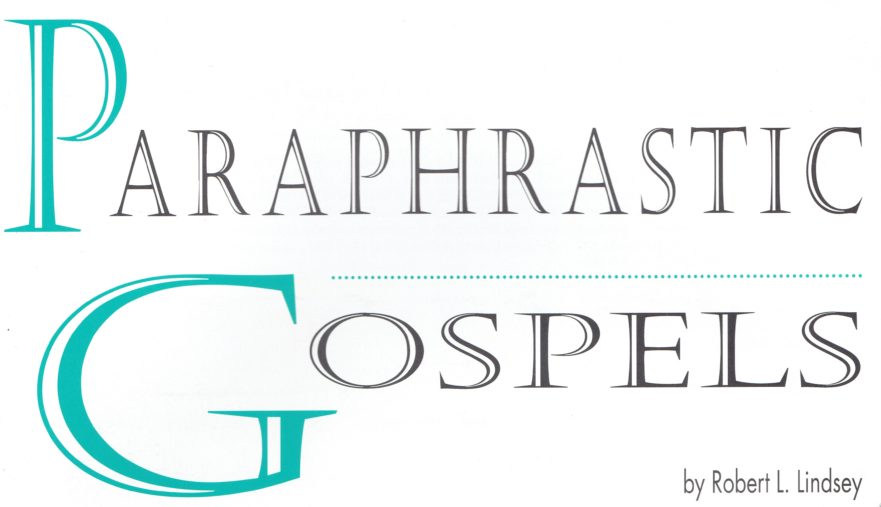
As Robert Lindsey realized in 1962, Mark reworked Luke’s Gospel in writing his own. Mark liked to substitute synonyms for nearly anything that Luke wrote. If, for instance, Luke used the singular of a noun, Mark substituted the plural form of the same noun in writing his Gospel. And vice versa: if Luke used the plural, Mark substituted the singular. In this article, Robert Lindsey surveys a unique substitution category found in Mark’s Gospel: the replacing of one verse of Scripture with another.
Stewards of God’s Keys
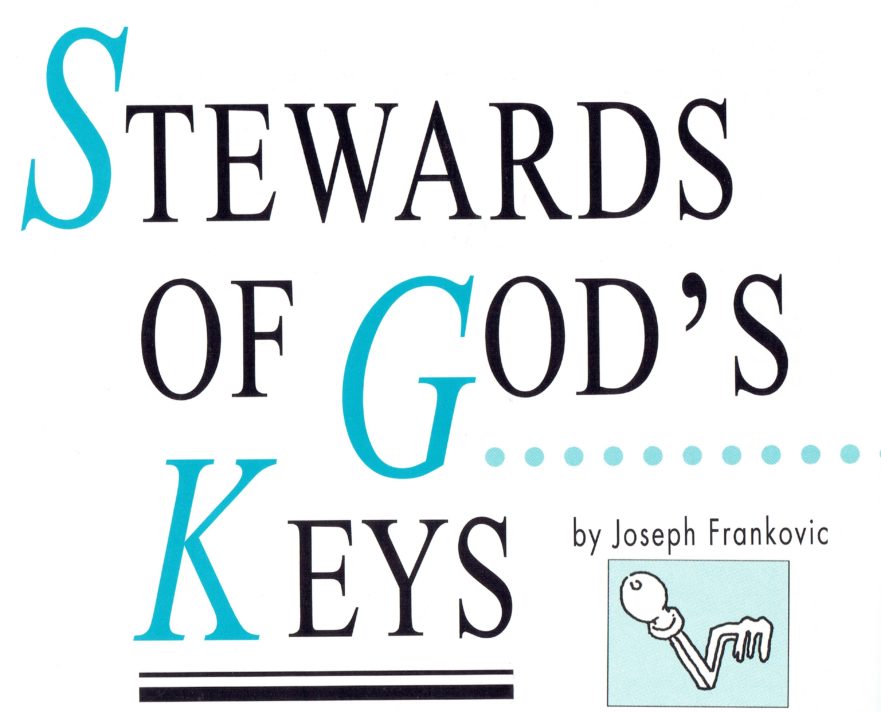
Jesus gave his disciple Peter the “keys of the kingdom of heaven” and promised that whatever Peter “bound” and “loosed” on earth would be “bound” and “loosed” in heaven. What scriptural allusions lurk beneath these expressions and what are their implications? How does the Jewish literary background of Matthew 16:19 help us better appreciate Jesus’ words?
Does it matter which of the Gospel writers wrote first?

Papias said Matthew wrote first. Someone else said Mark wrote first. Lindsey said Luke wrote first. Does it matter? Why can’t we just accept that the four gospel writers were four independent individual persons used by God to write one complete Gospel?
A Doer of His Father’s Will

Following the death of Robert L. Lindsey on May 31, 1995, Jerusalem Perspective magazine published a memorial issue (October-December 1995, No. 49). Included in that issue were eight tributes to Lindsey written by his colleagues and students, including that of Joseph Frankovic, published here.
How to Know Jesus? Follow Lindsey!
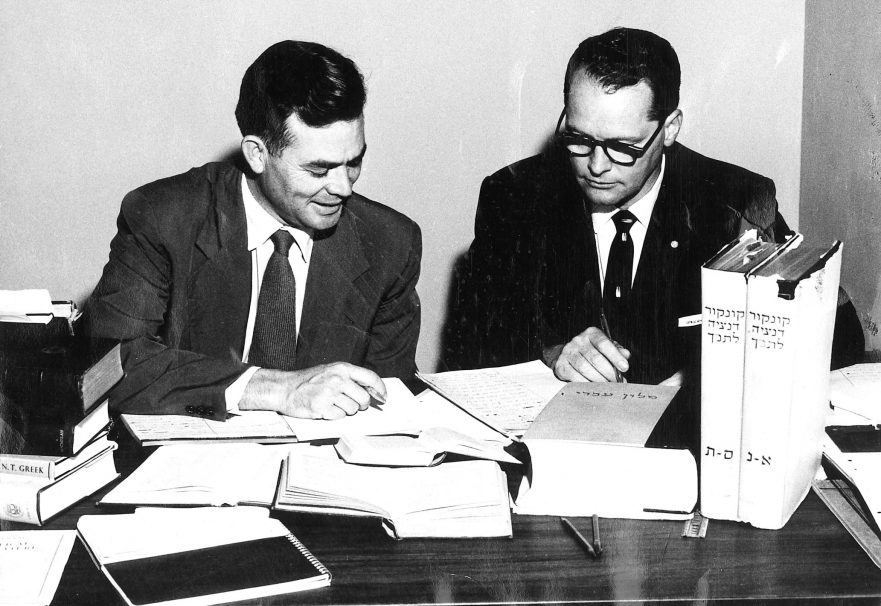
Without Lindsey’s discovery of the secondary nature of Mark, my own further achievements would be unthinkable.
To My Teacher, Pastor and Beloved Friend
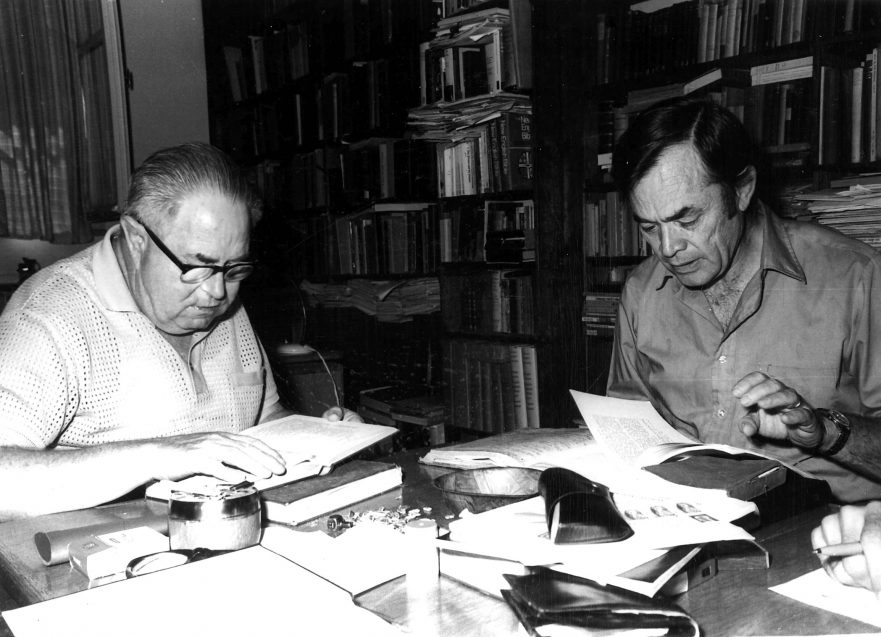
Dr. Lindsey was a creative scholar, who gave of himself to people in need.
Jesus at the Center
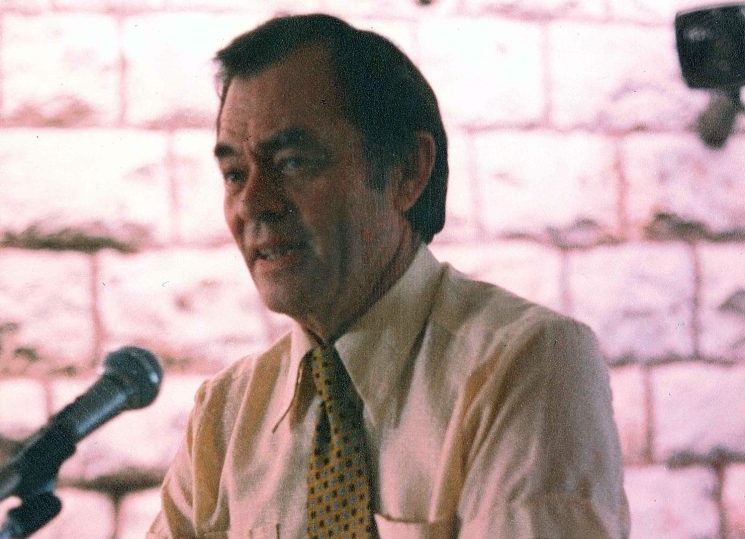
Robert Lindsey’s incomparable combination of a pastor’s heart and a scholar’s mind has touched literally thousands of lives, mine included.
The Jesus Who Changes People’s Lives!
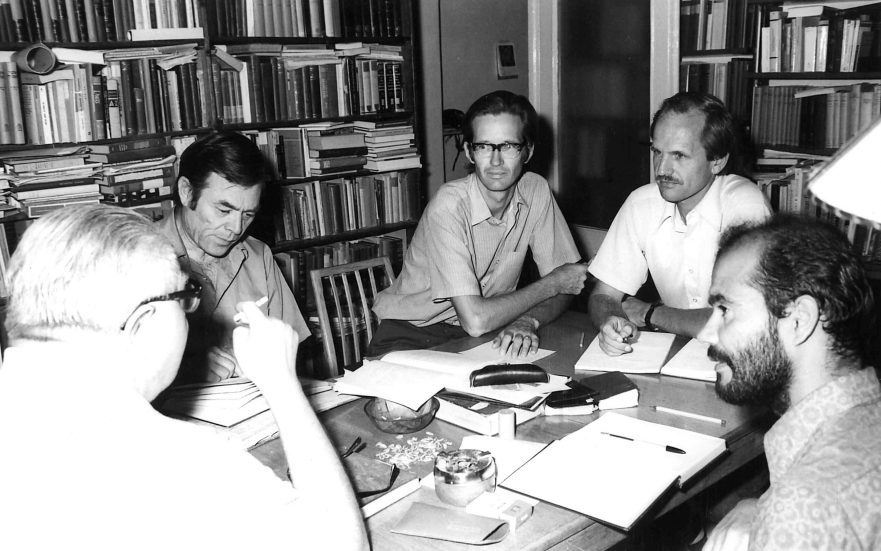
The fruit of Dr. Lindsey’s labors endures in those who were blessed to have known him.
Unlocking the Synoptic Problem: Four Keys for Better Understanding Jesus
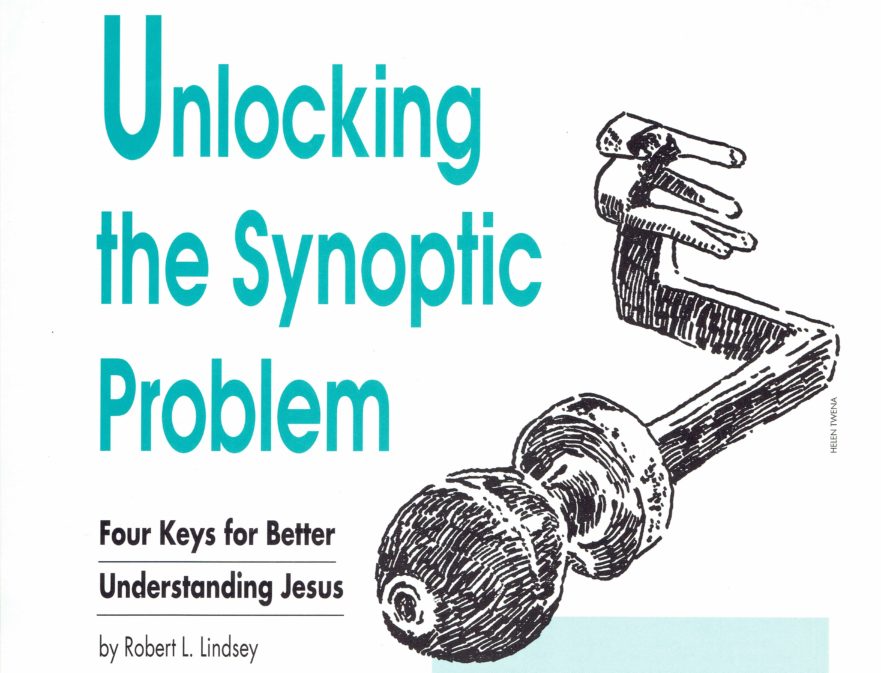
While translating the Gospel of Mark to modern Hebrew, pastor-scholar, the late Dr. Robert Lindsey was forced to conclusions that ran counter to his seminary training. If correct, his conclusions have the potential for revolutionizing New Testament scholarship. In this article, Lindsey condenses the results of a lifetime of research.
Excerpts from a Eulogy
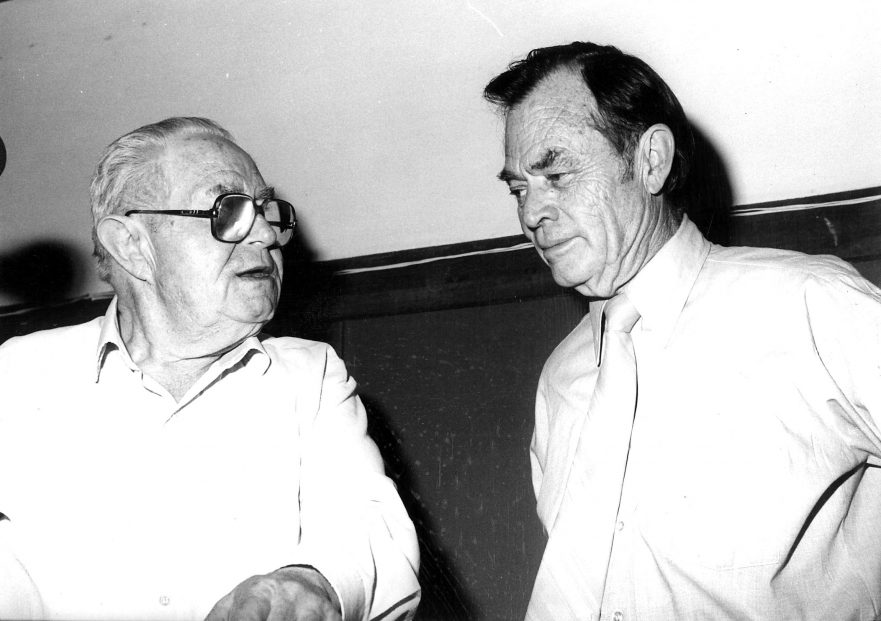
As with most, if not all, truly great people, Robert Lindsey remained totally unaware of his greatness.
Milestones in the Life of Robert Lisle Lindsey
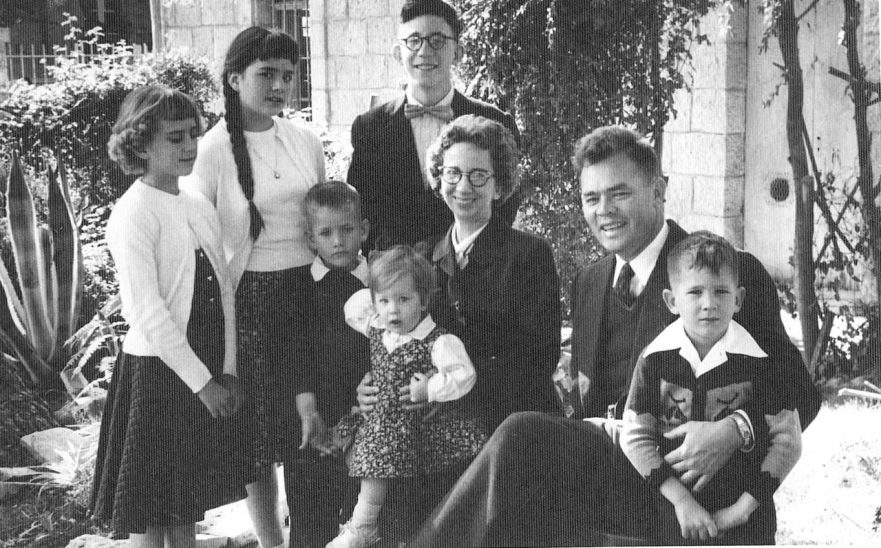
Robert L. Lindsey was born in Norman, Oklahoma on August 16, 1917. Here are some of the milestones in his life.
Practicing What He Preached
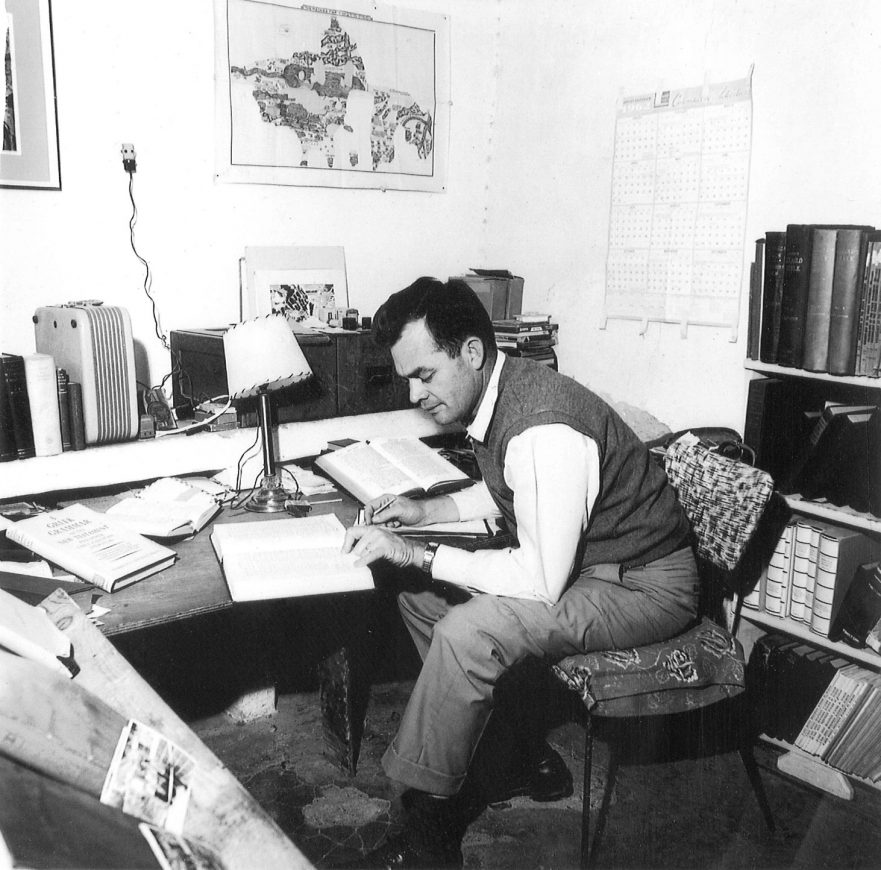
Dr. Lindsey was not content merely to preach about the Kingdom, he practiced it.

